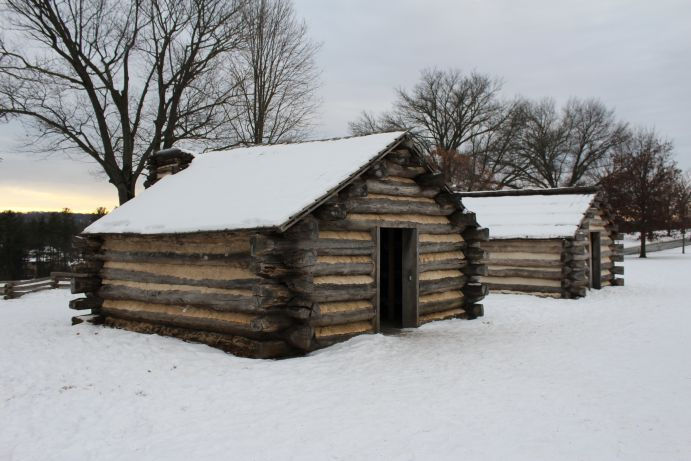Did George Washington Carver Invent Organic Farming?
- Anneliese Abbott

- Oct 23, 2023
- 2 min read

The second most frequent question that I am often asked is, “Didn’t George Washington Carver invent organic farming?” It’s an intriguing idea, and I wrote an article a couple years ago highlighting the important work that Carver did teaching the Black farmers of Macon County, Alabama to make compost and farm without expensive chemical fertilizers. My article about Carver is posted on this website.
But even after four years of searching, I have not been able to find any connections between Carver’s work and the American organic farming movement of the 1940s. The first time J.I. Rodale seems to have mentioned Carver was in the November 1953 issue of Organic Gardening and Farming magazine, where Rodale cited Carver’s composting works as “evidence of the universality” of organic farming.
The idea that George Washington Carver “invented” organic farming seems to have originated in two books published in 2018. In Farming While Black, Leah Penniman claims that “‘organic farming’ was an African-indigenous system developed over millennia and first revived in the United States by a Black farmer, Dr. George Washington Carver.” In Freedom Farmers, Monica White states that J.I. “Rodale’s work rested on Carver’s.” After carefully reading both books, I have concluded that people who are interpreting these statements as saying that Carver invented organic farming are misunderstanding the authors’ goals.
As Penniman explains in her introduction, she was torn in her youth between her passions for antiracist activism and farming. The only story she had ever heard about Black people and agriculture was one of slavery and oppression. Her goal was to replace this negative stereotype with a positive narrative about “Black people’s expertise and love of the land.”
Similarly, White’s book is about “agricultural resistance and the Black freedom movement.” The historical figures that she highlights are examples of how Black farmers fought against systemic racism and discrimination to cooperate, grow their own food, and find markets for their produce.
Both Penniman and White include George Washington Carver in what antiracists call a “counternarrative”—a story (either true, fictional, or both) that reframes historical events to highlight Black resistance and resiliency. Penniman admits that she learned most of her farming methods from white farmers, and White acknowledges that the Black cooperative farmers she highlighted were not necessarily aware of Carver’s work, but were rather “reenacting it.”
I applaud Penniman’s efforts to get Black urban youth involved in agriculture and White’s work in preserving the stories of little-known Black farmers. But as a historian, I feel obligated to stick to documented facts. Carver’s work was important, but it was not an “African-indigenous system” that had been passed down from his ancestors. And J.I. Rodale does not seem to have read any of Carver’s bulletins about composting until the 1950s—long after organic farming was established in the United States.
None of that should in any way minimize the contributions that George Washington Carver made to organic agriculture. He would be happy to see so many young Black people interested in organic farming, because he devoted his life to helping his people become better farmers and live in harmony with the land.



Comments